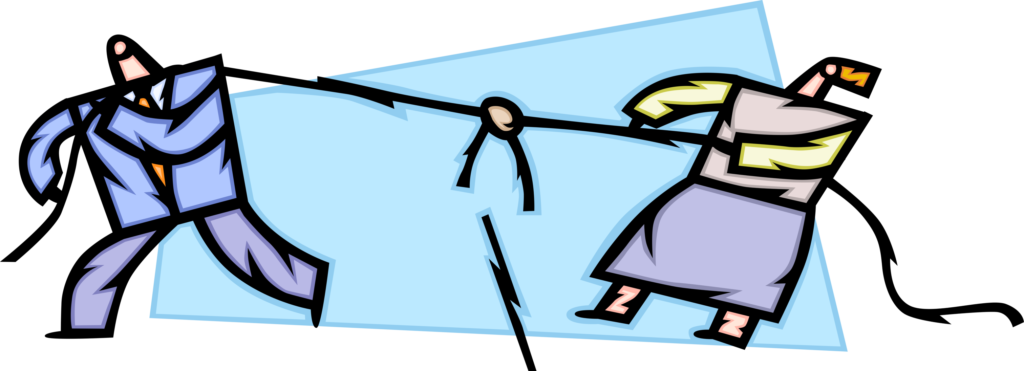
Four and a half hours on hold. That was the experience Friday afternoon that led me back to this argument: everything is a test. I had come across the phrase again recently reading the letters of Seamus Heaney. He cited his friend and sometime collaborator and my playwriting model, Brian Friel as the source of the quote: “Everything is a test.” I have the line in the draft of a play because I think that outlook or conclusion even though (or perhaps because) this statement rankles and even offends many people. Such breadth to the statement seems to cancel out the sort of life activities we associate as foreign to the experience of testing: reflection, pleasure, joy. I’m open to being argued out of my take on our lives, but yesterday everything was a test especially being on hold for four and a half hours.
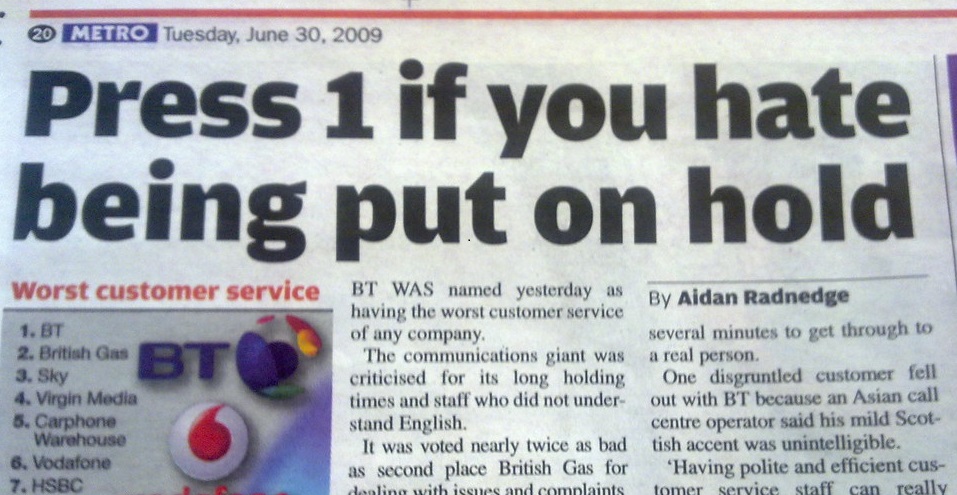
That amount of time — did I mention that it was four and a half hours (and actually two people spoke to me fruitlessly but kindly for about ten minutes of that span) — afforded me a great deal of time to reflect on the overall system that creates such a circumstance. The context of the test if you will. You could call it capitalism because this was a for-profit mediator of health insurance programs to which my former employee — a very large non-profit — outsourced transactions after laying off the staff that sued to give a personal response to problems and questions. But capitalism seems simultaneously too easy and too broad a label. It’s not useful for my purpose in trying to understand what is actually going on.
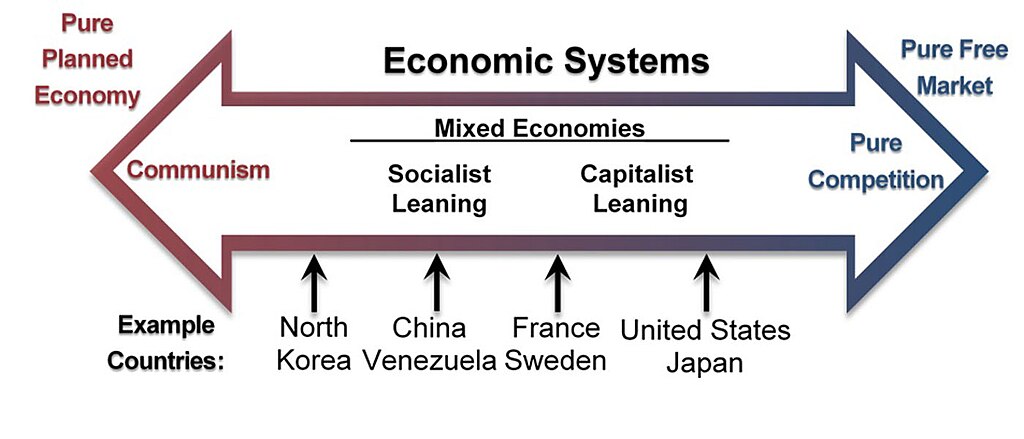
I have a better sense of the components of the system than any label to describe its entirety. For instance, we operate in a mixed economy:. Part ‘free‘ market, which means nominally an economy that is subject to and determined by ‘free’ competition (note the air quotes) , and part command economy because of government regulations. (The second part is true as of right now; stay tuned for what happens to those guardrail regulations over the next four years.) But the ‘free’ market part has become in my lifetime more of what is referred to as an oligopoly.
(See? Wasn’t it worth it to go this far in reading to learn a new word that might be helpful in that Scrabble game over Thanksgiving weekend after somebody tries to get away with using ’poly‘ as a word?)
An oligopoly describes a market condition in which a small number of sellers dominates or controls trade in a commodity, product, or service.
That control means that at any particular moment in attempting to conduct some transaction — signing up for health insurance, cancelling a subscription, renting an apartment, countering a stolen check — one of those small number of sellers may dominate or control you. They may force you through hoops, stymie your wishes, and kidnap your time and autonomy. The technical term is that they may impose a negative externality upon you. Negative externality is a term that we had fun with in our problem comedy HONOR this past autumn Off-Broadway. (Ahem. The scripts are available for purchase at Off The Wall Plays — speaking of market economies.)
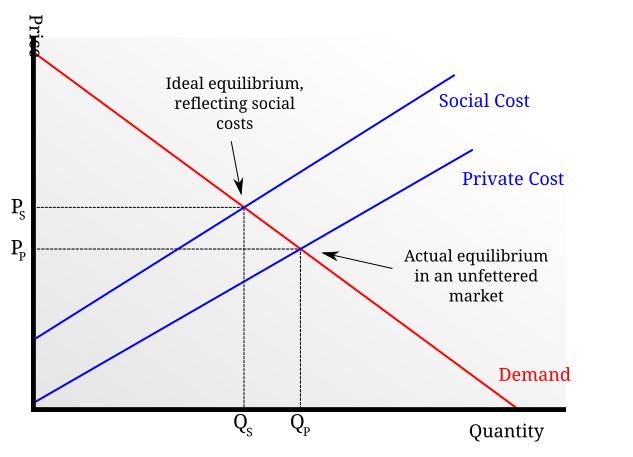
Negative Externality
A negative externality exists when the making of some product results in a cost to a third party, a marginal cost greater than any marginal benefit. It involves Coase’s Theorem, and we won’t go down that rabbit hole other than to say if one party has almost all the power then the other party — me, you, us — only has the option to exit the arrangement or accept the torture and expense. The insurer makes you wait on the phone robbing your time in order to get the product for which you have already paid. The doctor tells you to show up fifteen minutes BEFORE your appointment. The bank makes you fill out endless paperwork when their teller cashed the fraudulent check without asking for identification. The cable/phone/software company makes cancelling your contract the equivalent of the Death Mountain level in the Zelda 2 video game. (I don’t know about the last one but a great-nephew tells me this is true.)

The oligopoly means that even if you exit that consumer relationship the same dynamic will obtain with one of the other providers because they all copy each other’s practices for efficiencies, otherwise known as profit. The non-economic term for this is ‘screwed’.
The fewer firms available to take care of these transactions and the more that they lobby for fewer rules and regs the less of a likelihood there will be mutually advantageous exchanges. In the oligopoly, the incentives to behave in ways that overall enhance the liberty and opportunities of everyone else erode and eventually disappear. The standard economic answer to this dilemma is that individuals in a market system are free to take or leave any particular opportunity open to them, free to respond to or ignore any particular bargain or incentive offered to them. But is that how we now experience the corporate behemoths with which we must transact? Free?
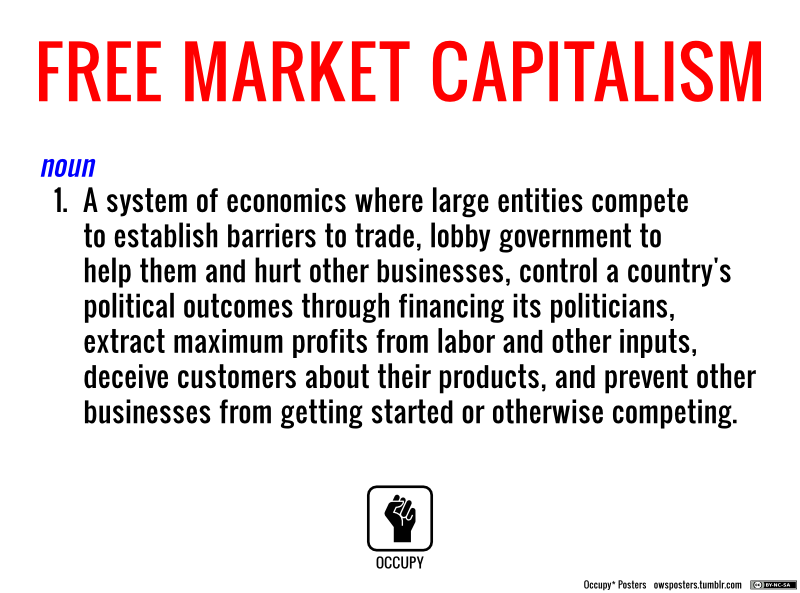
Reliance on markets was supposed to protect and enhance everyone’s freedom by allowing for innovation, competition, and a private property regime that would produce ever-expanding opportunities. Here is a concise explanation by Asher Schecter of the phenomenon from five years ago: spoiler alert — it has NOT gotten better. Did this concentration play a significant role in inflation? Sez here that it did.
Working people suffer through no fault of their own. Even if their wages eventually catch up, they are squeezed and feel cheated in the first place. This is why sellers’ inflation deepens economic inequality and political polarization, which are already threatening democracy.
The gouging of big firms was a factor but the “inflation that ensued was largely caused by supply side snarls, (and) it was exacerbated by strong demand” that arose from President Biden’s fiscal policy as his own chief economist, Jared Bernstein, admits when reflecting on “the inflation odyssey we’ve been through.”
So all of these circumstances constituted the test for everyone the last four years and that was overlapped with the tests of Covid and not exclusive of the tests people have of just getting through the day, raising kids, caring for the sick and elderly. These systems under which we live constantly test not just our abilities to navigate them to get what we want and need but also just how much we will take before we give up.
In my last post about how a ’straight’ job may be the chord connecting the ends of the arc of a creative career, I offered one definition of a test – a procedure intended to establish the quality, performance, or reliability of something, especially before it is taken into widespread use.” . But this time, I’d like to employ an older definition that Doctor Samuel Johnson borrowed for his 1756 dictionary from Elizabethan Ben Jonson: test as a ‘means of trial’. As OED puts it, “That which puts one to the test; esp. a painful test of one’s endurance, patience, or faith; hence, affliction, trouble, misfortune.”
If this experience of constant trial does prevail among most of our population, what are some effects? A feeling of hopelessness descending upon the ‘test-takers’. Exit from trying is then one option. Repudiation of the ‘testers’ is another. Is that what just happened in part through our national election? Did some people — the ones who did not vote this time at all and the ones who shifted from their previous support — look at their situation and blame the current administration for not helping them with their endless string of these tests?
In The Book of Daniel Chapter 5 Verse 26 there is a phrase that we still hear in everyday speech:
“Weighed — Thou art weighed in the balances, and hast been found lacking.”
The balances in Daniel were measuring righteousness. But I get the feeling that we are all working the scales these days doing some serious weighing not just of the righteousness of our situation but of its survivability. Despite difference in politics, this weighing might prove a shared activity albeit in different direction: regarding how much we can tolerate of these systems, of contemporary life, even of each other in our almost evenly divided country? On one side, people said anything is better than the test I am facing. They voted by a small margin the new administration. On the other side, the recently losing side, people now are figuring out whether they can take what will be layers of added tests added by that administration and its backers in that sense of trials as they operate in a society that contradicts their beliefs about a women’s right regarding her body, the rule of law, and the equal treatment of all citizens.
Too heavy? Hey, it was a four and a half hour hold. Lots of time to think even while doing other stuff like finishing a draft of the next play.
In my time as a ‘spear-carrier’ in the educational measurement opera, I was often struck by the inattention paid to who benefits from the tests that kids take. The whole framework was based upon ‘warrants’ issued by certain authorities — think College Board, Medical Schools, even Departments of Motor Vehicles — and the experience of the test-taker seemed secondary. That’s the deal now with the whole system in which we live, isn’t it? The consumer? Not so much despite the glitter and gloss of those endless advertisements.
(I swear it’s not just that four and a half hour hold that prompts this observation. The build comes from a lifetime of jousting with such entities in and out of the corporate world.)
But the system only grows and becomes more oppressive. Exactly who benefits from the current system and who suffers? The Romans had a phrase to frame that question: cui bono fuerit, attributed by Cicero to a certain Lucius Cassius (in Cicero Pro Roscio Amer. xxx), popularly taken in English to mean ‘To what use or good purpose?’

Curiously, in the passage where Cicero first used the phrase, the ending of his speech has another phrase that seems an apt description of components of the system in which we work and live: “audacity fully strengthened by time.” Is there any force that will temper the audacity of corporations as they control more and more of our lives? What other authority exists but the authority of the market that subjects us to these tests?
That’s a topic for next time: Authority